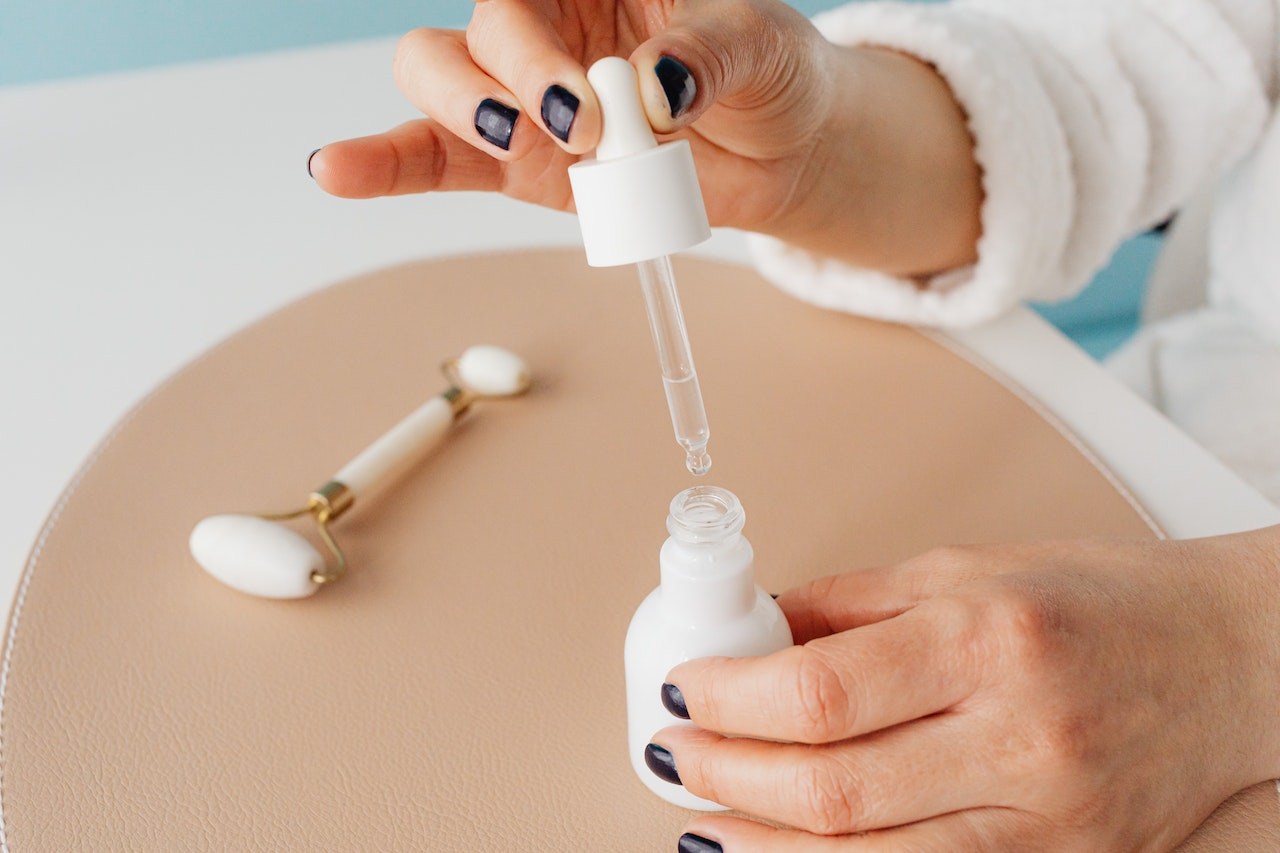Cosmetic products that do not claim to be medical or professional-grade can contain the same ingredients found in medical-grade formulas but at lower concentrations, according to Esther Olu, a beauty scientist who works with manufacturers on skincare formulations.
These products fall into the primary “cosmetics” category and do not have to undergo FDA regulations like products requiring a prescription. So why are medical-grade cosmetics worth the investment?
Table of Contents
They Are More Effective
Medical grade cosmetics are scientifically formulated to work better than their over-the-counter counterparts. They contain purer ingredients at the correct strength and combinations, backed by research studies. They are also designed to be delivered to the dermis, where collagen and elastin live. This allows the products to target specific skin conditions and concerns, like fine lines and wrinkles, enlarged pores, or acne scars.
While the medical grade is often a marketing gimmick, most skincare brands sold in clinics and doctors’ offices use clinically proven ingredients and adhere to FDA regulations. Many of them, including AlumierMD, have a separate medical arm producing prescription products.
However, because they don’t require a prescription, these over-the-counter (OTC) skincare products are still considered cosmetics and can only claim to work on the skin’s surface. Despite their higher prices and extensive studies, They can’t legally claim they are better or worse than other non-medical skincare products.
Regardless of whether a product is considered medical-grade, it would help if you were always wary of brands needing scientific evidence to support their claims. Ask your skin care professional for advice on the right products, and do not trust the hype of marketing campaigns or salespeople alone.
They Are Safer
Unlike OTC products, which are typically developed for anyone, medical-grade products are specially designed for your specific skin type and concerns. This means you will get more effective results without the risk of over-exfoliating your delicate skin or irritating it. It’s also a much better option for sensitive skin because the ingredients are gentler.
As you might have guessed, this type of product is often more expensive than its OTC counterparts because it comes with extensive research behind it and quality ingredients. However, many brands, such as AlumierMD and ZO Skin Health, only available through advanced skincare practitioners and doctors, argue that their products are more affordable because you use a smaller amount for better results.
Medical-grade cosmetics are regulated by the FDA and tested for safety. In contrast, over-the-counter cosmetics are regulated as “cosmetics” and cannot make claims about their efficacy or effectiveness.
This is why medical-grade cosmetics are more expensive, but this is also why they are safer. The more expensive products contain pure ingredients in the correct concentrations and combinations and are backed by extensive studies and expert knowledge. They are designed to reach your skin more profoundly, making them more effective and working faster.
They Are More Affordable
Medical-grade skin care products are a hot beauty trend, and for a good reason. They are often more effective than over-the-counter or department-store products. But are they worth the price tag? And how do you know if a product is actually “medical-grade” or just a marketing buzzword?
Regarding skincare, medical grade is often used as a marketing tool to draw attention to a particular product or brand. In reality, however, it is not a regulated label. Products marketed as medical-grade can still be sold in department stores, online, and retail outlets, just like non-medical-grade products. The difference lies in the ingredients and formulations used to create the effects.
Whether or not a product is considered medical-grade depends on its formulation and use. As such, it’s essential to trust the advice of an esthetician or dermatologist when choosing which products to use on your skin.
Many skincare brands that call themselves medical-grade still need clinical studies to prove their claims. However, some, such as AlumierMD and ZO Skin Health, which are available at clinics and advanced skincare practitioners, maintain that the label is justified due to the scientifically-backed formulations they employ and the fact that the expertise of their specialist teams backs them. However, the truth is that most high street products are scientifically backed in some way, too – so it’s essential to find a product that works for your skin and stick with it.
They Are More Versatile
There’s a lot of hype around skin care products that are called medical-grade, and there’s also some controversy about whether or not they work. The truth is the difference between medical-grade and other cosmetics depends on the ingredients and formulations that are used.
Aestheticians and dermatologists can recommend specific skin care products to help treat your particular skin type. These products are designed to deliver ingredients to the deeper layers of your skin, stimulating collagen and elastin to reduce fine lines and wrinkles and improve tone and texture. Medical-grade cosmetics are formulated with the highest concentration of active ingredients that have been proven to impact the skin positively.
In contrast, over-the-counter skin care products can generally only penetrate the epidermis layer of your skin. They can’t address your skin’s dermis or basal layer, where fundamental changes are needed to combat wrinkles, acne, discoloration, and more.
That is why it’s essential to get a recommendation from a professional, so you can skip the trial and error of buying products that may or may not work. Medical-grade skincare can achieve results by delivering higher concentrations of the correct ingredients to the areas that need them most. You can find medical-grade products at med spas, dermatologist offices, and some online sites authorized by the brands. These cosmeceutical brands are often more expensive than what you can purchase in a Sephora or Ulta, but they will have the ingredients that will provide you with the best structural results.
Also Read – The Ultimate Guide to Delta-9 Edibles



